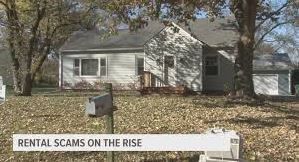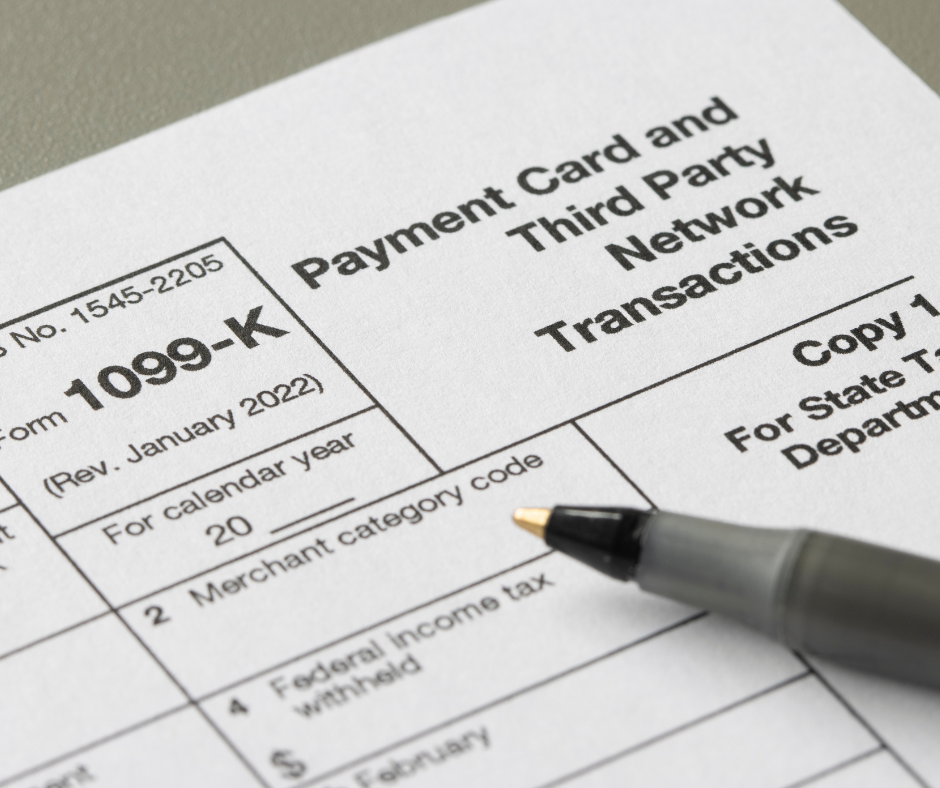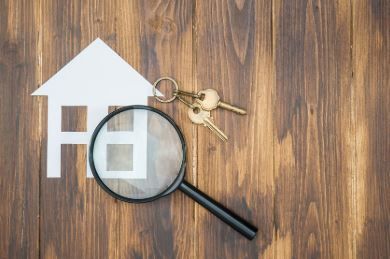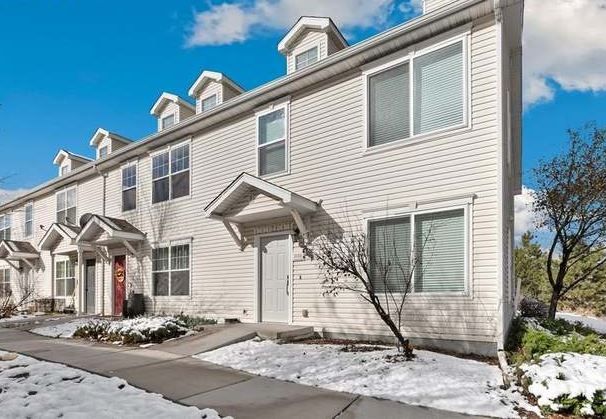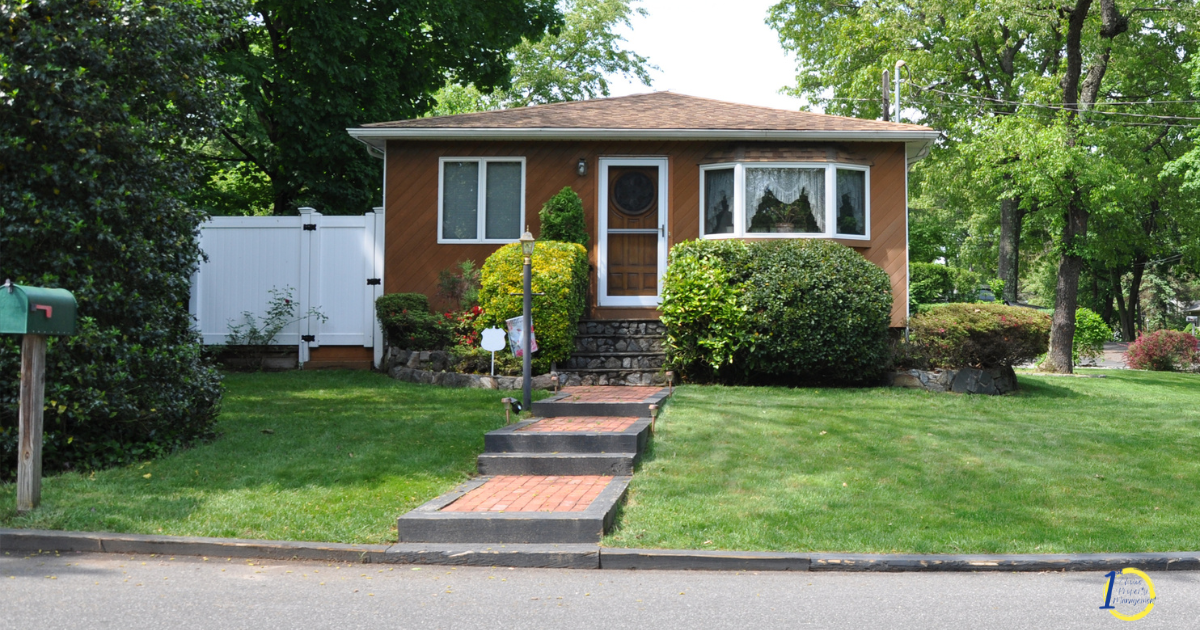By 1912911
•
December 11, 2024
As a property owner, especially if you're a first-time landlord, choosing the right property manager is crucial to your success. A good property manager can simplify your rental operations, keep your property in top shape, and save you a lot of stress. With so many options out there, though, it can be tough to figure out who’s the best fit for your needs. The key? Asking the right questions during the interview process. In this post, we’ve put together a list of the 18 most important questions you should ask potential property managers before you sign on the dotted line. This will help you make a well-informed decision and ensure that you choose a manager who’s a perfect match for your property. Why Interviewing a Property Manager Matters Hiring a property manager is a big deal—after all, they’ll be the ones handling your investment, managing tenants, and taking care of the day-to-day operations. A great property manager will help you maximize rental income, protect your investment, and keep things running smoothly. However, not all property managers offer the same level of service. For first-time landlords, interviewing potential managers is even more important because you might not know what to look for or what questions to ask. Asking the right questions will help you uncover important details and ensure your property is in capable hands. How to Prepare for Your Interview Before you sit down with a property manager, take a moment to think about your goals. What’s most important to you? Is it maximizing rental income? Minimizing your involvement in the day-to-day? Or making sure your property stays in great shape? Once you’ve defined your priorities, research local property managers, and schedule interviews. Come prepared with these questions and some details about your property (type of property, size, any potential challenges you face, etc.). Here are the 18 essential questions to ask when interviewing potential property managers: 1. How long have you been managing properties? Experience counts! A property manager with a solid track record is more likely to handle challenges smoothly and efficiently. 2. How many properties do you currently manage? This helps you gauge whether they have the capacity to give your property the attention it deserves. Too few properties might mean they’re still gaining experience; too many could indicate that your property won’t be a priority. 3. Do you specialize in certain types of properties? Specializing in properties like yours (single-family, multi-family, etc.) means they’ll be more familiar with the market and needs specific to your property. 4. What professional certifications or licenses do you hold? Certifications like Certified Property Manager (CPM) or Residential Management Professional (RMP) indicate that they’re committed to staying up to date with the industry’s best practices and legal requirements. 5. What services are included in your management fees? Be clear on what’s included—whether it’s tenant screening, maintenance coordination, rent collection, or legal compliance. Some managers offer comprehensive services, while others might charge extra for certain tasks. 6. How are your fees structured (flat rate vs. percentage of rent)? Understanding how they charge helps you evaluate whether their fee structure fits within your budget. A flat-rate fee is predictable, while a percentage-based fee will vary with the rent you collect. 7. Are there any additional costs I should be aware of? Ask about any extra charges that might pop up, like maintenance markups, lease renewals, or tenant turnover fees. Avoid any surprises by getting everything out in the open. 8. How do you screen tenants? Tenant screening is critical to ensuring reliable, responsible tenants. Find out whether they conduct background checks, credit checks, income verification, and rental history reviews. 9. How do you determine the appropriate rental rate for my property? A good manager should use market research and property comparisons to help set a competitive rent price that maximizes your returns while attracting quality tenants. 10. What steps do you take to market and fill vacant properties? How do they attract tenants? Will they list your property online, take professional photos, and advertise on popular platforms like Zillow or Apartments.com? 11. What’s your average time to lease a vacant property? The faster they can fill vacancies, the better for your cash flow. A skilled property manager should be able to lease your property quickly and efficiently. 12. How do you handle maintenance requests from tenants? A property manager should have a clear process for addressing maintenance issues promptly and efficiently. Ask how they track and respond to requests. 13. Do you have an in-house maintenance team, or do you use third-party vendors? In-house teams can often be more cost-effective and consistent, but third-party vendors may offer specialized services. Ask how they ensure quality and manage costs. 14. What is your process for handling emergency repairs? Emergencies happen, and it’s important that your property manager can respond quickly, whether it’s plumbing, electrical issues, or HVAC failures—especially outside business hours. 15. How do you collect rent payments? A good property manager should offer tenants flexible payment options (e.g., online portals, checks, or ACH transfers) to ensure that rent payments are collected on time. 16. What is your policy for handling late or missed rent payments? Consistency is key. Ask about their process for late payments, including penalties, reminders, and potential eviction procedures. Make sure they have a legal and clear strategy. 17. How often do you provide financial reports to property owners? Transparency matters. A good property manager should provide regular financial reports that cover rent income, expenses, and any maintenance costs, helping you keep track of your investment. 18. How do you ensure compliance with local rental laws? Rental laws can be tricky, and they vary from one location to another. A skilled property manager should stay up to date on these laws and make sure your property remains in full compliance with local regulations. How to Evaluate Your Property Manager Candidate After asking these 18 questions, take a step back and evaluate the answers. Look for candidates who offer clear, detailed responses and provide examples of their experience. Pay attention to their professionalism, communication style, and transparency, especially regarding fees and services. And remember to trust your gut—if something doesn’t feel right, it’s okay to keep looking. Choosing the right property manager can make all the difference in your rental property’s success. By asking these 18 questions, you can get a clear picture of a property manager’s experience, services, and approach. Take your time, do your research, and make sure the manager you choose aligns with your goals. With the right property manager, you’ll be on your way to a successful and stress-free rental experience!
